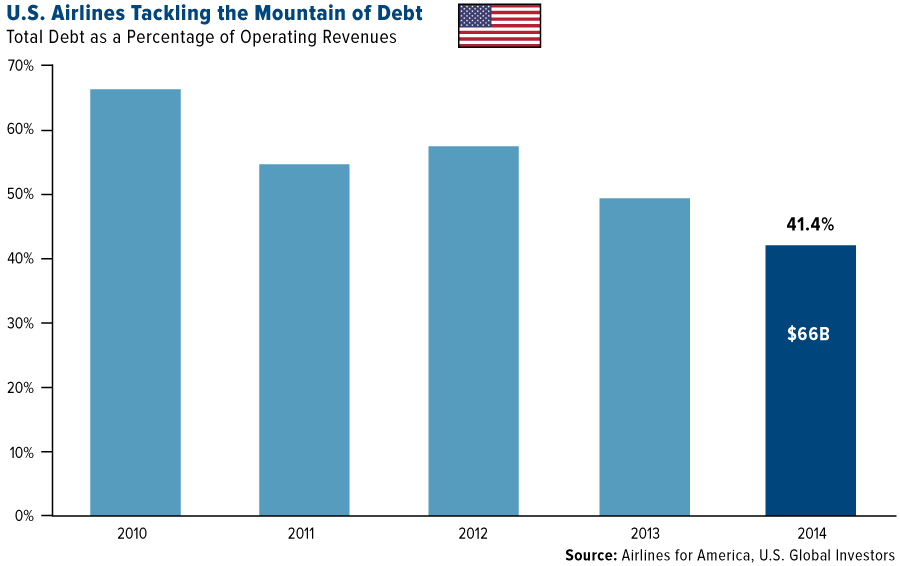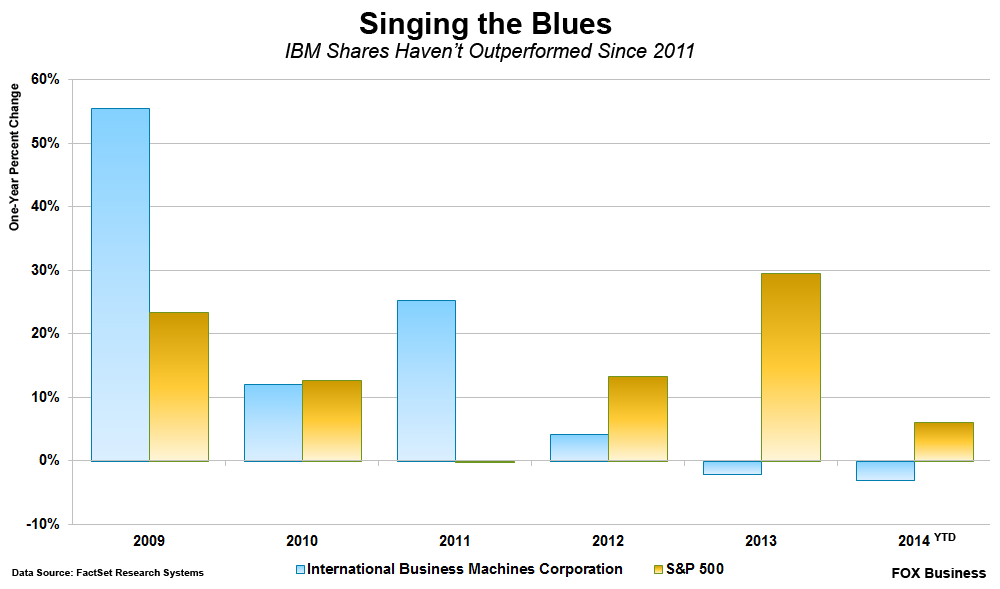Want to invest in only the strongest S P500 companies The Globe and Mail
Post on: 25 Сентябрь, 2015 No Comment

It’s a depressing reality of investing that far too many stocks turn out to be dogs. How many? The number is surprisingly high.
Market View
The traditional way around this problem is an exchange-traded fund designed to match an index. Investors don’t have to worry about individual stocks that turn out to be losers if the index does well.
So, it’s a good mousetrap, but maybe not the best one. Indexes have their own flaws. An obvious one is that, while they own all the best companies, they own all the worst ones too.
Another problem, a design flaw in fact, is that they’re overexposed to the largest companies – names such as Apple Inc. or Exxon Mobil Corp. – because most indexes are capitalization weighted. Once a stock gets to behemoth size and has disproportionate weight in an index, you can be pretty sure its glory days are in the rearview mirror and gory days lie ahead. Another related problem is that during bubbles, like technology in the 1990s, index money flows into the overvalued sector at precisely the worst time.
Here’s a potential solution to these drawbacks, courtesy of U.S. short-selling maven John Del Vecchio.
Mr. Del Vecchio’s specialty is identifying companies with aggressive accounting, and selling their shares short. He figures these companies are most likely to be among the losers and makes money if the shares decline.
But short selling is risky, so he tinkered with the concept. He looked at how the S&P 500 would perform if it excluded the 100 companies that scored worst on his rankings of earnings quality. His finding: culling the accounting dogs led to cumulative returns of about 150 per cent from 2000 to 2012, compared to only about 50 per cent for the S&P.
The findings made him think he had a good idea, and he did what financial types usually do when they think they’re on to a money-making possibility. He set up an ETF, named Forensic Accounting, designed to match the S&P 500, minus the 100 stocks he identified with the weakest accounting.
The ETF started up on Jan. 30, so while it doesn’t have a history of performance, the results from the regression analysis suggests it’s worth watching.

In an interview, Mr. Del Vecchio said he hit upon the idea by looking at his reasons for being negative on companies over the 13 years he’s been a short seller, and before that, a research analyst for hedge funds. “I came up with some common variables that drove underperformance or lower stock returns, which is what we want obviously in a short side [trade],” he said. Among these are revenue recognition practices, treatment of inventory, profit margin trends and material changes to operating expenses.
In his ETF, Mr. Del Vecchio gives a grade-school-like mark to all the stocks in the S&P based on how their accounting stacks up. He invests 40 per cent of the fund divided equally among the approximately 100 companies ranked A, or those with the best earnings quality, and 60 per cent in the roughly 300 ranked B, C and D. The 100 rated F flunk out and get nothing.
The resulting ETF is something that hasn’t generally been available, an index fund weighted to earnings quality rather than stock market capitalization.
The structure avoids the overweighting of large caps. The top four companies in the S&P – Apple, Exxon, General Electric Co. and Chevron Corp. – comprise about 10 per cent of the index. In Mr. Del Vecchio’s fund, they have a combined weighting of 0.8 per cent. “Once a stock becomes a big part of the index, it’s already past its significant growth phase,” he contends.
While Mr. Del Vecchio says the secret sauce – the precise mechanics of how he crunches numbers to arrive at the rankings – is proprietary, the fund publishes holdings so investors can see the results. Among the A-rated are such unsurprising selections as PepsiCo Inc. Dell Inc. Berkshire Hathaway Inc. Bristol-Myers Squibb Co. Morgan Stanley and Staples Inc.
For investors, the F-rated companies are perhaps more illuminating, and include such well-known entities as JPMorgan Chase & Co. Goldman Sachs Group Inc. and Google Inc. but a number of lesser knowns too, including watch maker Fossil, Inc. Chipotle Mexican Grill Inc. and First Solar Inc.














